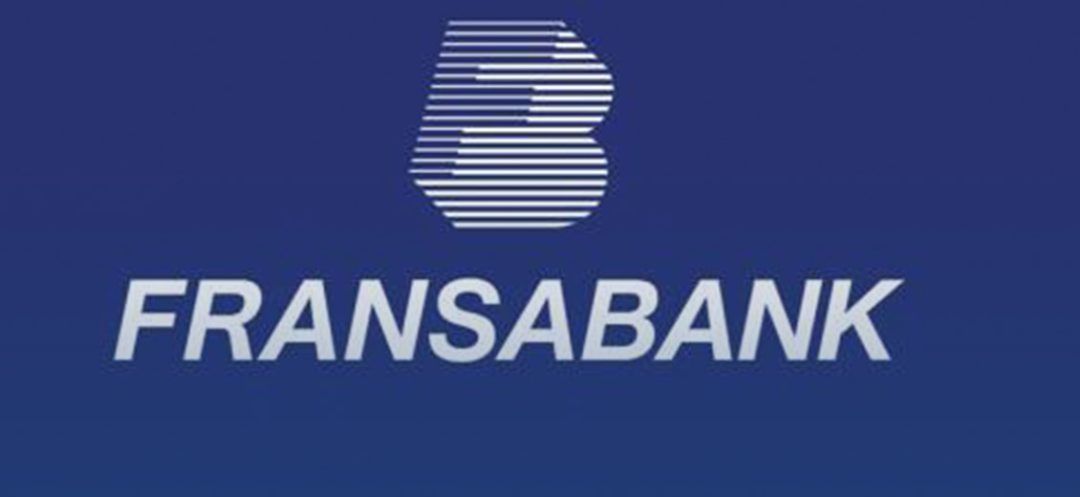
The quarterly index, published by Fransabank in collaboration with the Federation of Chambers of Commerce of Beirut to demonstrate the retail sector activity, indicated a decline in performance in the second quarter of 2024. The index registered 39.69 points, down from 42.84 in the previous quarter. However, this decline was paradoxically accompanied by optimism in the market.
Survey results indicate that sales in certain sectors remained relatively stable or even slightly improved in the second quarter. However, overall sales in the retail sector continued to decline.
This relatively positive outcome is attributed to the Lebanese consumer’s adaptation to a new consumption pattern in response to prevailing economic conditions. Additionally, the inflation rate fell between the second quarter of 2023 and the second quarter of 2024 to 41.78%, with the quarterly inflation rate (i.e., between the first quarter and the second quarter of 2024) decreasing by 2.04%. Consequently, the decline in movement and sales figures in most commercial markets was less severe than in previous quarters.
Retailers remained cautiously optimistic despite the ongoing regional crisis and the lack of substantial progress in the political and economic landscape. They were hopeful that consumer activity would pick up during the summer, as it did the previous year, with the arrival of expatriates and visitors.
Contributing to this optimism was news of an increase in the foreign exchange reserves of the Lebanese Central Bank, which are approaching $10 billion, and an expected rise in expatriate remittances, potentially reaching $7 billion.
The report highlights that despite the continued decline in the index, the Lebanese economy seems to be gradually adapting to the ongoing crisis. Several factors, including currency stability and the absence of significant changes in the local and regional situation, have helped slow the downward trajectory of economic activity.
Survey results indicate that sales in certain sectors remained relatively stable or even slightly improved in the second quarter. However, overall sales in the retail sector continued to decline.
This relatively positive outcome is attributed to the Lebanese consumer’s adaptation to a new consumption pattern in response to prevailing economic conditions. Additionally, the inflation rate fell between the second quarter of 2023 and the second quarter of 2024 to 41.78%, with the quarterly inflation rate (i.e., between the first quarter and the second quarter of 2024) decreasing by 2.04%. Consequently, the decline in movement and sales figures in most commercial markets was less severe than in previous quarters.
Retailers remained cautiously optimistic despite the ongoing regional crisis and the lack of substantial progress in the political and economic landscape. They were hopeful that consumer activity would pick up during the summer, as it did the previous year, with the arrival of expatriates and visitors.
Contributing to this optimism was news of an increase in the foreign exchange reserves of the Lebanese Central Bank, which are approaching $10 billion, and an expected rise in expatriate remittances, potentially reaching $7 billion.
The report highlights that despite the continued decline in the index, the Lebanese economy seems to be gradually adapting to the ongoing crisis. Several factors, including currency stability and the absence of significant changes in the local and regional situation, have helped slow the downward trajectory of economic activity.
Read more



Comments